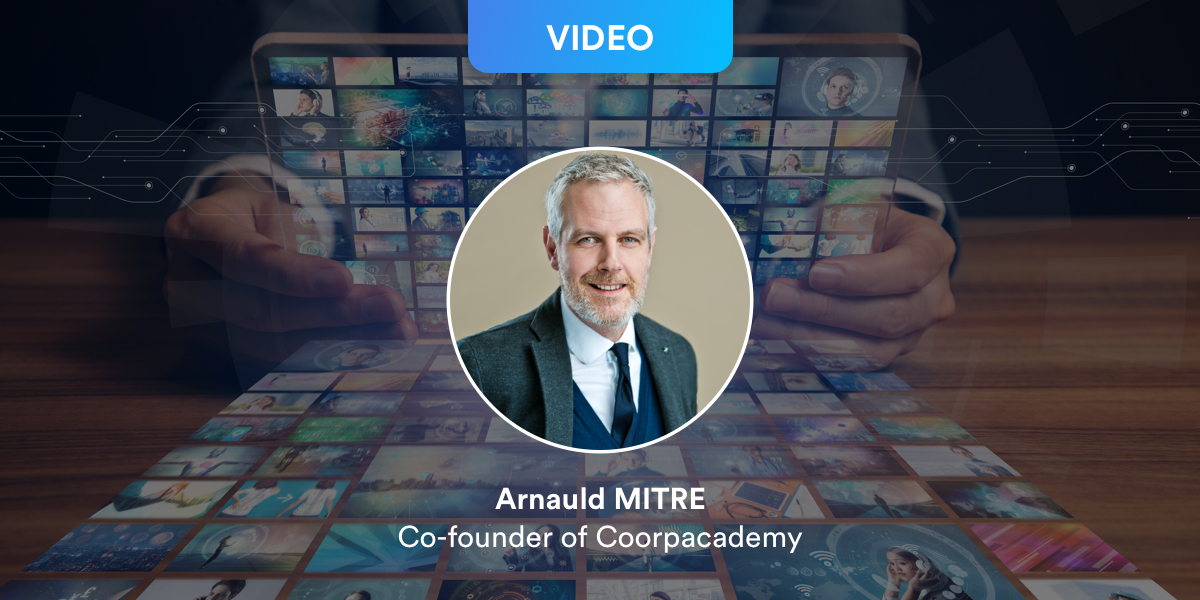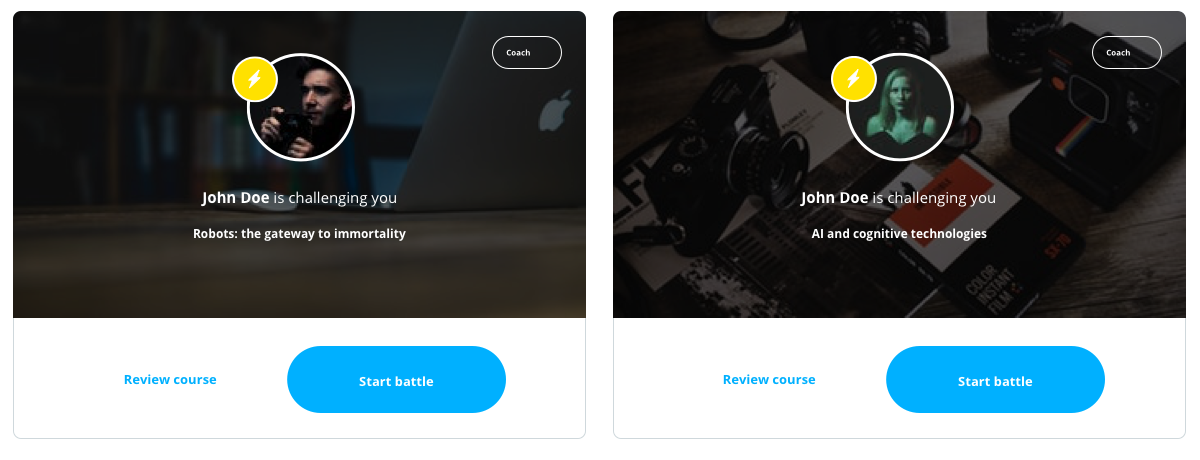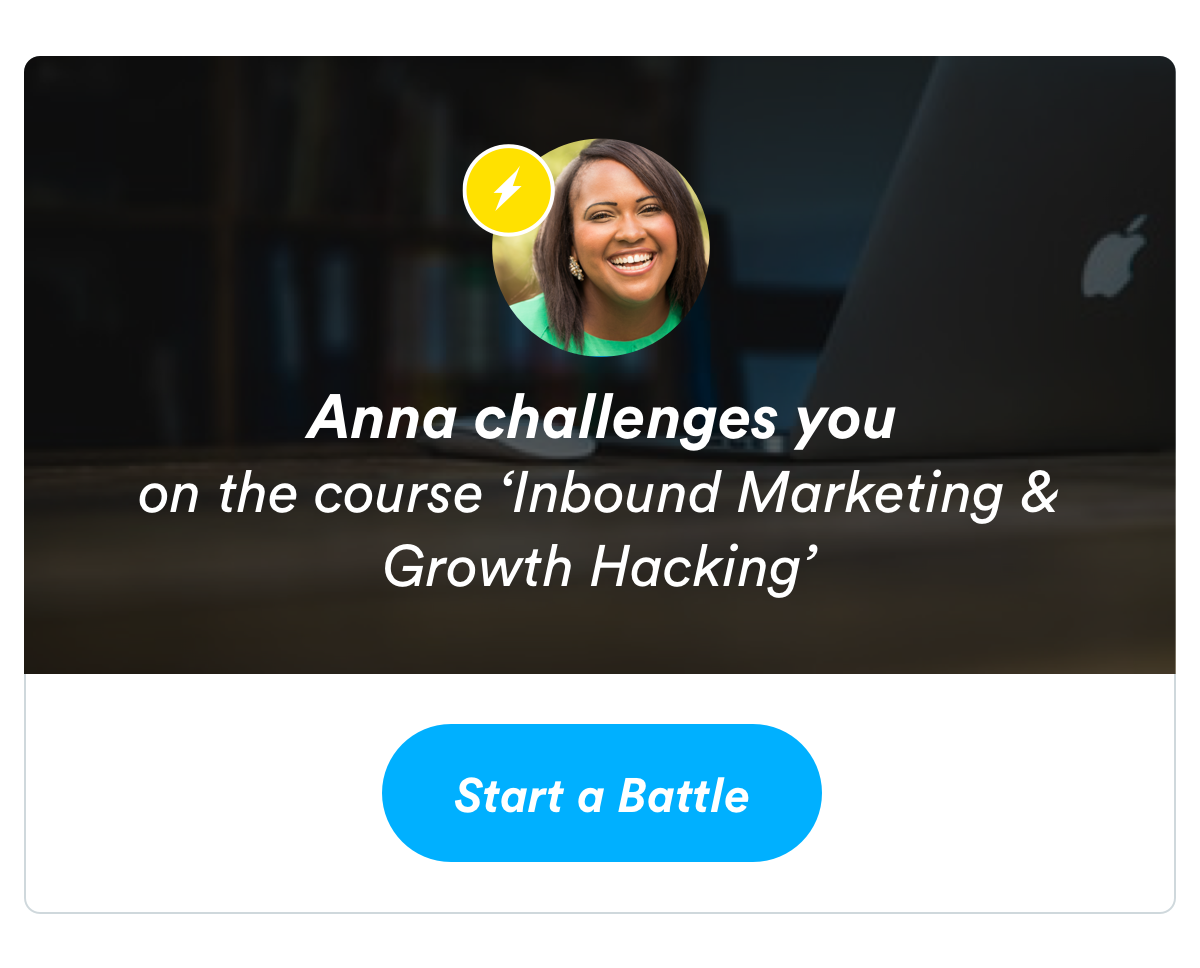This article from Antoine Poincaré, Head of Sales at Coorpacademy, featured in Training Journal in the November edition – the UK’s most influential Learning & Development publication – argues the case for a fuss-free way to produce e-learning.
Discover the article!
E-learning: A simpler approach, please?
Antoine Poincaré argues the case for a fuss-free way to produce e-learning.
The good news is that we all agree we’ve moved beyond SCORM in e-learning. The bad news is, have we really?
There’s no contradiction, because what’s happened is that SCORM was so dominant for such a long period that it’s very hard for the sector to shake off the paradigm. The issue is that its legacy is limiting the way we design content, and therefore is harming learners, as well as an important but neglected constituency – the e-learning designer. Let’s refresh our memory to see why.
SCORM stands for shareable content object reference model, and is a model that was all about creating units of online training material that could be shared across systems.
SCORM defined how to create shareable content objects that could be reused in different systems and contexts and was a useful innovation.
The problem is that all these years later we have ended up with two major SCORM-related issues. First, it’s an old standard since its last official update was in 2004, so what it offers is not suitable for the way we work with content today.
The second problem is that along with the standard came software to build SCORM-aligned course content, which has been shaping the way we have been consuming e-learning ever since.
The first feature developed with this software was the ‘import my PowerPoint deck’ tool and too much of the market never progressed any further. It’s easy to appreciate how this came to pass: PowerPoint is the norm in the classroom training context, so let’s apply what we know works here to the online setting when moving learning and development online.
Let’s get disruptive.
But when Elon Musk started PayPal, he didn’t approach NatWest and ask them how they would approach creating an online bank; he developed something disruptive and new. But that’s what we just don’t really do yet in the e-learning world.
In e-learning, we never progressed beyond the SCORM view of the world and that dominant PPT metaphor. As a result, we’ve had a full generation of training L&D professionals uploading PowerPoint decks into learning management systems and presenting that to group of learners.
Fortunately, there was a step forward in 2013 when the global learning industry decided not everything has to be SCORM-compliant. At at once, great new Edtech start-ups came along promoting new, more stimulating delivery styles and UX, including mobile-first content.
Unfortunately, along the way too many of the new players neglected that important constituency: the e-learning designers – who are now challenged to produce new and engaging content for these new platforms, but with tools that are almost antiquarian in look and feel.
As a result, a huge question mark hangs over content creation and authoring; will it be easy to create and engaging enough?
At the same time, we are demanding these same content creators and authors improve their skillsets. The ideal list presented in the Learning & Performance Institute’s Capability Map which features 25 skills across five categories aimed at individuals and teams, and ranging in scope from strategy to learning facilitation.
It’s hard to imagine how we can expect to add great user interface, design, composition, audio video, platform and art competencies, to name some of what makes great content that engage users.
Today’s e-learning content creator demands more.
We need a solution that will help inspire and empower today’s e-learning content created. In effect, it’s high time a WordPress or a Wix emerged for learning content creation. After all, in the 2000s it became possible to build great websites with easy-to-use tools which allowed people to create them without the need to ever look at the Javascript and string exception handling that lay behind them.
Yet no equivalent revolution has taken place in the world of e-learning. Most e-learning designers are still stuck in the e-learning equivalent of that raw html hacking phase. E-learning designers need great, easy-to-use, drag and drop interfaces that hide technical complexity and promote creativity.
That way, they can devote their creative talents to developing the user interface, design, composition, audio video, platform and art skills with the best tools at their fingertips.
E-learning designers need great, easy-to-use, drag and drop interfaces that hide technical complexity and promote creativity.
After all, active learning is not the same as passive consumption of a PowerPoint slide or a 10-minute video. To truly engage, learning has to be structured, measured, involving. There must be useful, participative activities for the learner, and that activity has to be tracked and evaluated. You need to keep the learner motivated, supported, and on top of their own learning journey.
In addition, there must be ways to work and access the same content through multiple modes, from traditional study to something more playful. It should be consumable in multiple ways and times, solo or as a group activity. It has to be scalable and look great, but still track and provide quantifiable metrics that show the specific skills the learner is acquiring, or struggling to grasp.
Achieve design goals.
So, let’s get to a stage where there is a Wix to help designers achieve those instructional design goals. Workplace learning influencer Josh Bersin says in his 2019 analysis on HR tech trends: “While we’d all like to have a YouTube system at work, there are times when we need a [structured way] that steps you through an entire curriculum and actually delivers you at a point where you have truly learned a new body of knowledge.”
You can only achieve this via a learning platform that is entreprise-class, and data-based from end to end, and was designed to put the learner at the heart of every process.
Noted senior learning transformation strategist Lori Niles-Hofmann recently stated: “Over time, we have expected the standard instructional designer to be both an expert in designing content as technically proficient in one or more rapid authoring tools. But I have rarely met anyone good at both – and the fact is, rapid authoring tools deliver the weirdest digital learning experience, unlike anything else online.
“Likewise, you cannot get detailed analytics unless you know xAPI, which is again another coding skill. You have to know how to break Storyline 360 code and add xAPI, but I want an e-learning tool which is exactly like SquareSpace – but which can do quizzes! I want it to build digital experiences easily, and have the robust data behind it without me having to code one single thing.”
Insightful remarks from commentators like Bersin and Niles-Hoffman help us the see what a ‘Wix for e-learning for learning content creation’ would look like. A few Edtech innovators and learning platform providers are designing solutions with the content creator and the learner simultaneously in view. We owe it to all the frustrated content builders out there to deliver on the experience promise for all our users.
Antoine Poincaré, Head of Sales at Coorpacademy.







